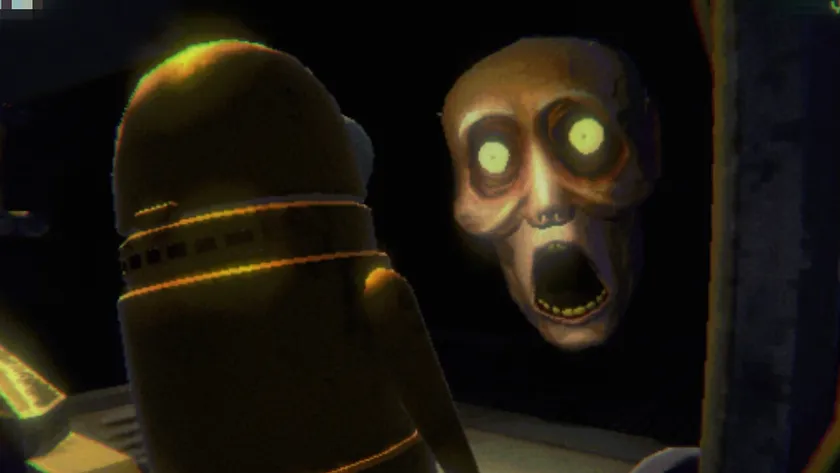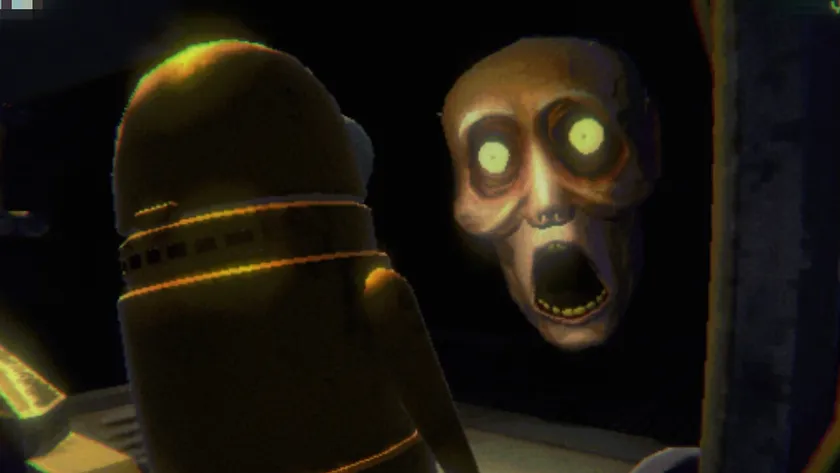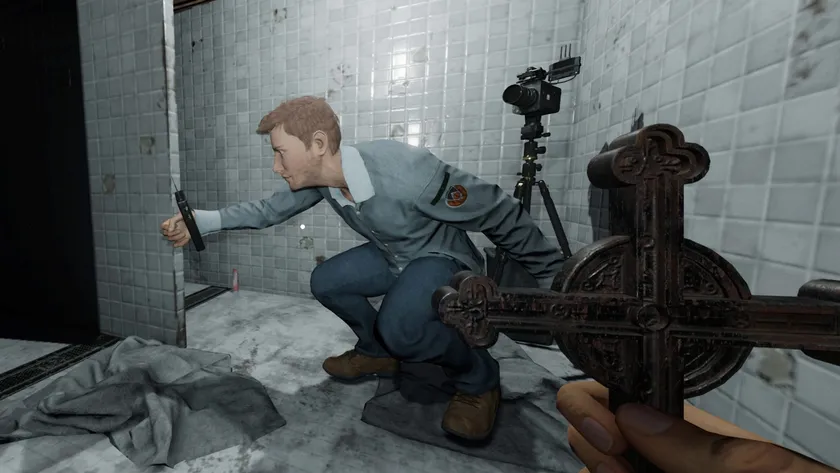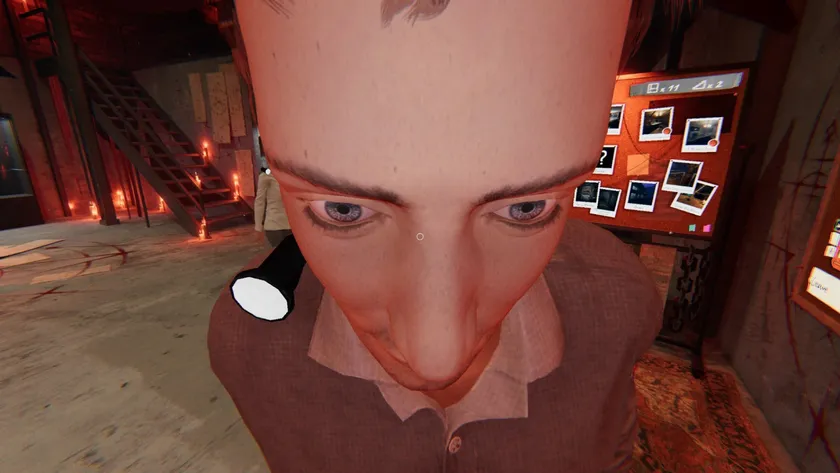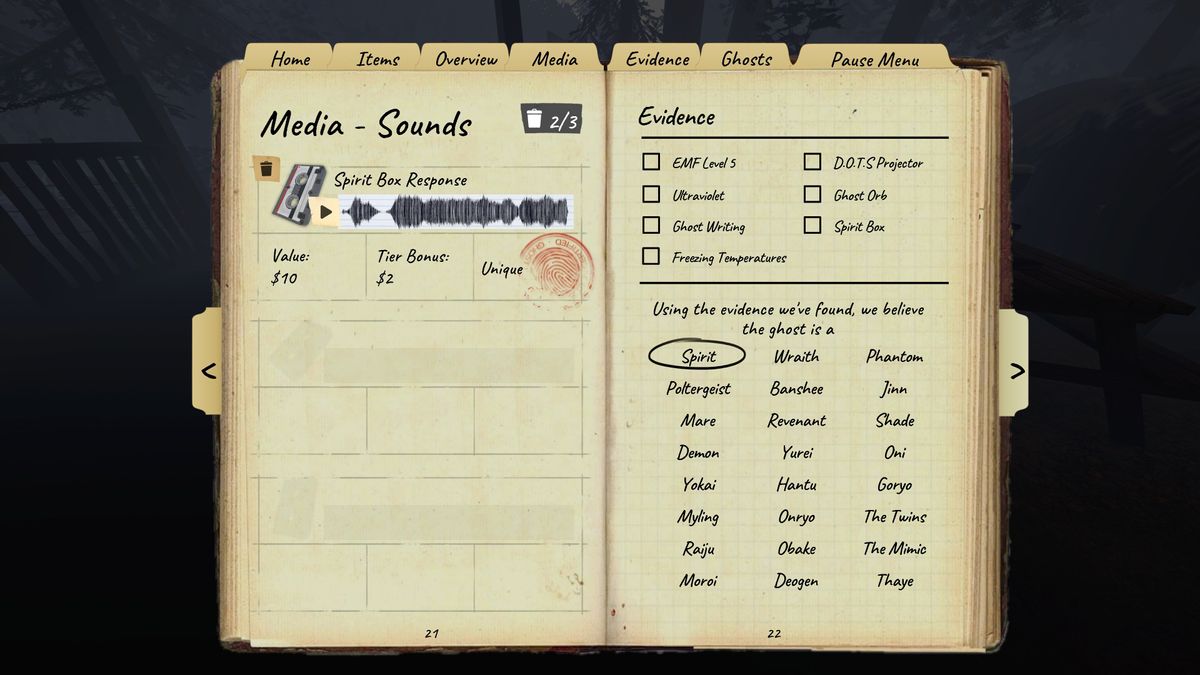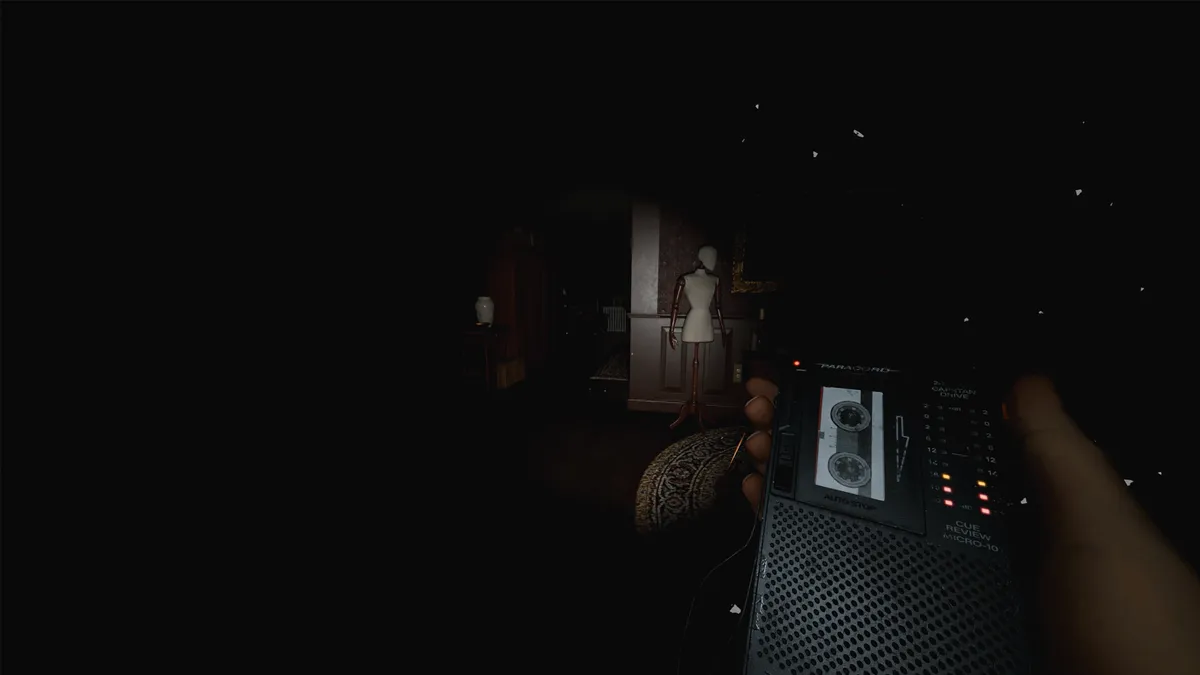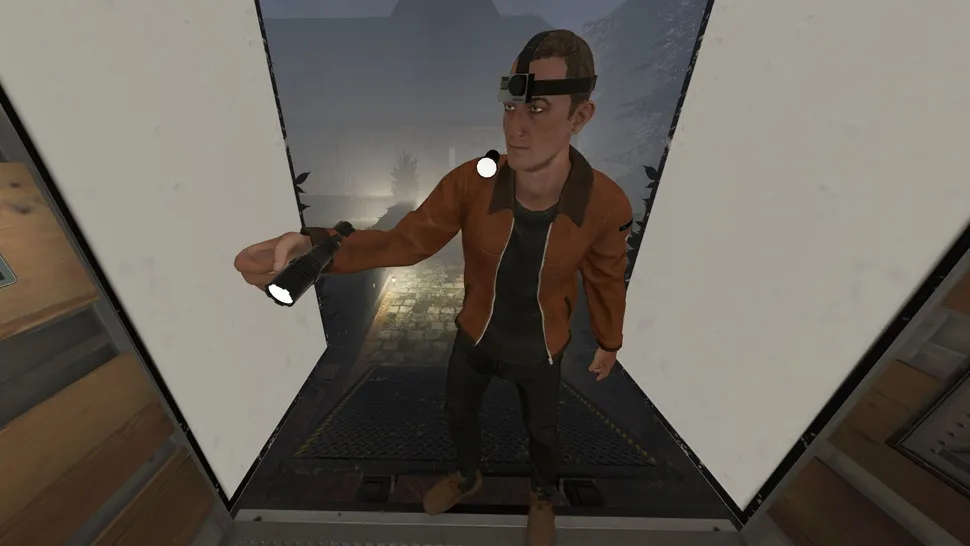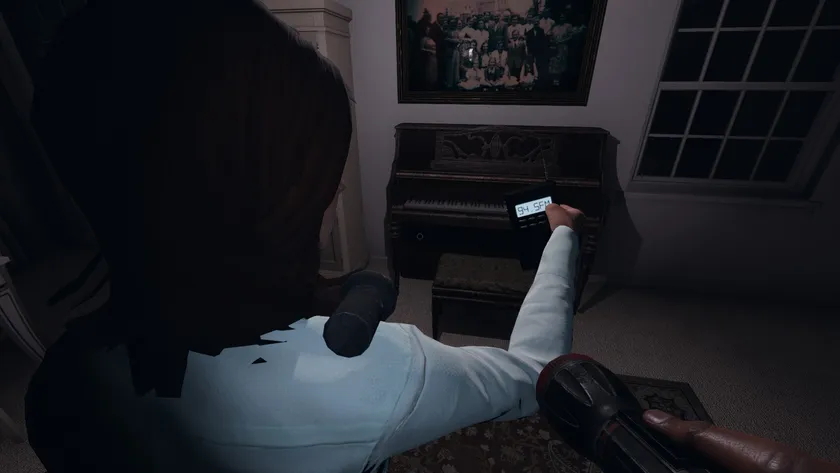
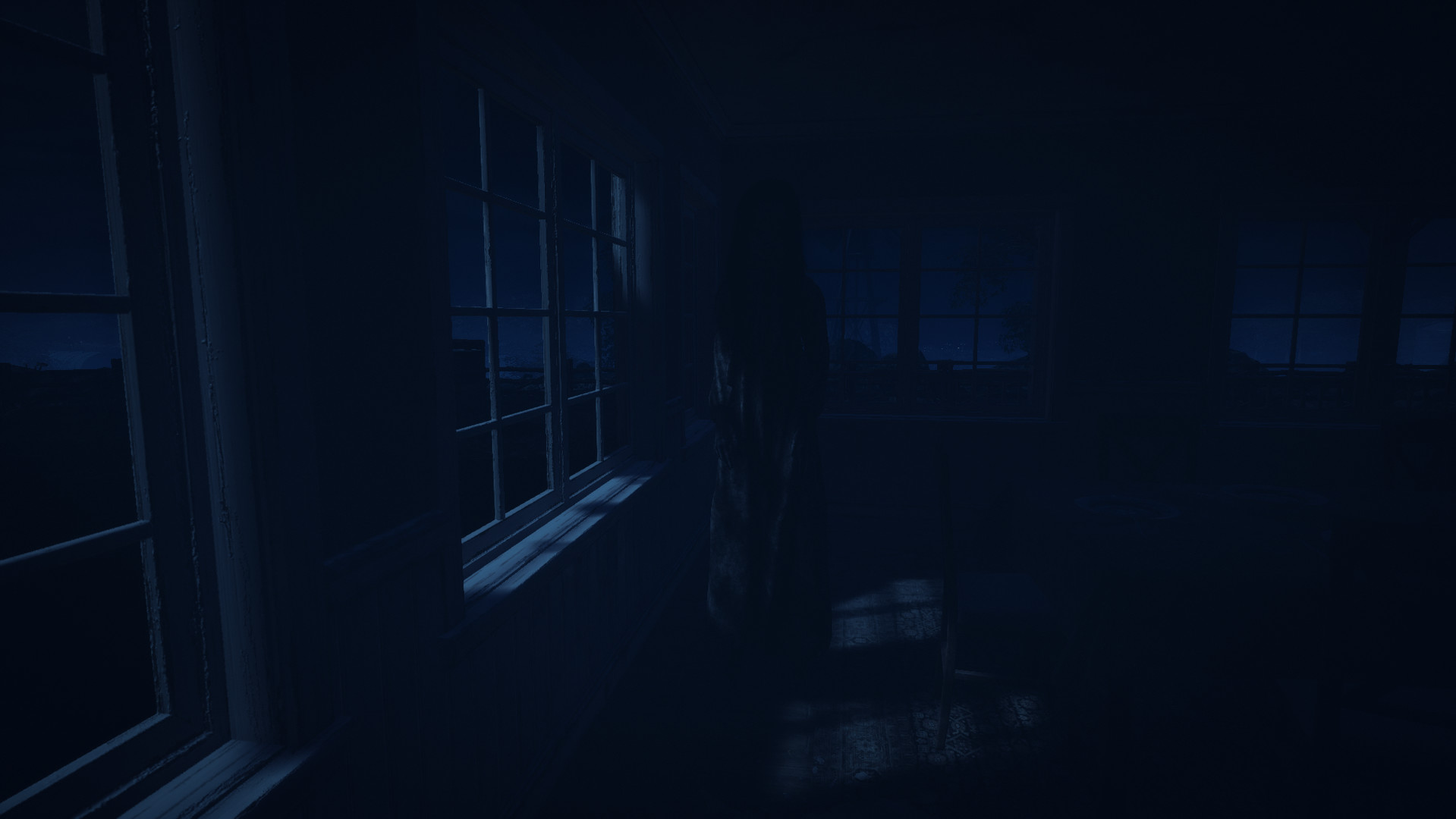
2024-12-10
Audio Engineering Specialist
12 minutes
Advanced Audio Processing Techniques for Paranormal Investigation
Technical
Audio Processing
Advanced
Phasmophobia Sound Recorder
Understanding Audio Processing in Paranormal Investigation
Audio processing is a critical component of modern paranormal investigation, and Phasmophobia Sound Recorder provides the tools you need to extract meaningful evidence from your recordings. This comprehensive guide explores the technical aspects of supernatural audio analysis and how to use our advanced processing features effectively.
Core Audio Processing Technologies
- Digital Signal Processing: Advanced algorithms for supernatural sound enhancement
- Frequency Analysis: Identify and isolate paranormal frequency patterns
- Noise Reduction: Sophisticated filtering to remove environmental interference
- Dynamic Range Compression: Optimize audio levels for better clarity
- Reverb Analysis: Detect and analyze acoustic anomalies
Application in Ghost Hunting Scenarios
Phasmophobia Sound Recorder's processing capabilities are specifically designed for paranormal investigation:
- Environmental sound effect optimization for haunted locations
- Voice processing and enhancement for EVP (Electronic Voice Phenomena)
- Background music and ambient sound adjustment
- Special effect enhancement and supernatural sound amplification
- Cross-reference analysis with multiple recording sessions
Technical Implementation
The foundation of effective audio processing lies in understanding the underlying principles:
- Fourier Transform: Convert time-domain signals to frequency domain for analysis
- Digital Filters: Design various filter types for specific paranormal phenomena
- Signal Analysis: Comprehensive analysis of audio signal characteristics
- Real-time Processing: Low-latency algorithms for immediate feedback
